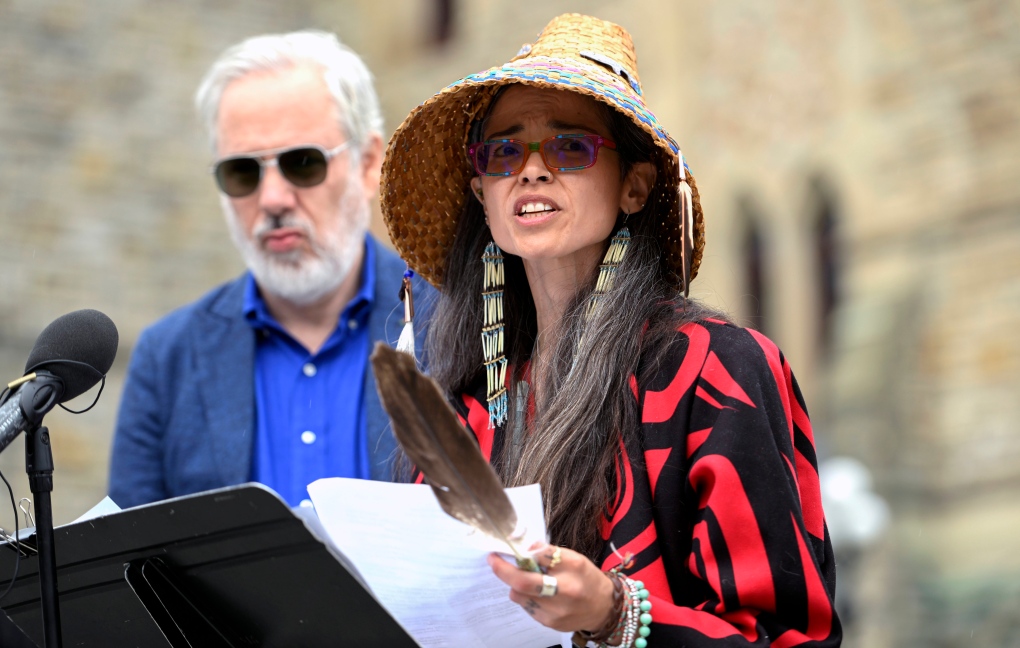This First Person column is written by Aysha Tabassum, a second-generation Bangladeshi Canadian who lives in Kingston, Ont. For more information about CBC’s First Person stories, please see the FAQ.
I was always terrified of dating. It wasn’t just the first date jitters, like what to wear or how to ask out a boy.
You see, good desi girls don’t date — or at least that’s what my family would say.
So dating — a rite of passage for most Canadian teenagers — was tainted for me because I had to hide it from my family.
At the same time, dating offered a release from desi expectations. If I could fall in love, it would prove I wasn’t bound by my parents’ unfair and unfeminist cultural restrictions.
South Asian women — especially Muslim women like myself — experience love in constant dichotomies. When we’re abstinent, we’re being oppressed and making our parents proud. When we’re falling in love, we’re both empowered and enslaved by harsh cultural expectations and the competing need to be truly ‘Canadian’.
Our romantic choices are deeply political — even the choice to date or not to date
This double-edged sword has led to disastrous consequences for me.
My first relationship, which lasted three years, was toxic, and I stayed for the same reasons I went into it: to prove my parents wrong. They hated that their dating daughter was so “westernized” and I wanted to stubbornly prove I was “normal” Canadian teenager.
The end of that relationship brought relief but didn’t necessarily rid me of anxiety around dating. I still wanted to be in a relationship, but my decision wasn’t just my own.
Could I find a partner my family would approve of? (And let’s be clear: only a brown, Muslim man from a “good family” would do.) Could I overcome their disappointment if I didn’t? And even if I could accept my parents’ disappointment, would my non-South Asian partner get my “cultural baggage?” Would they even want to deal with it — or still love me for me inspite of all the Bollywood-esque drama?
All of these insecurities intensified while I was attending a predominantly white institution for university.
I was thriving academically and surrounding myself with people that cared for me. But I knew none of that, or the happiness it brought me, would matter to my parents, the judgmental aunties, or the mosque elders if they just knew who I really was — from the dating to the short skirts and to the occasional non-halal meat.

Back in my hometown of Scarborough, Ont., my friends would immediately understand the classic desi struggle of hiding a boyfriend. But in Kingston, Ont., any mention of that to my new peers came with either pity or judgment.
Every achievement I worked for — from being elected editor in chief of my school paper to landing the internship of my dreams — came with imposter syndrome. What would my white peers, managers, and professors think of me if they knew where I came from? What would they say if they knew this person they kept calling “brave” and “innovative,” probably just because I was brown and existed in their white spaces, would break down at the thought of introducing her parents to a boyfriend?
Being desi in Canada comes with the often invisible burden of balancing expectations of others at the expense of your wellness. For me, choosing who to love and how to love has just been an extension of this.
I still feel overwhelming shame from living a double life.
I still have no idea how to love without shame, shrug off judgment without guilt, and not feel the pressure to pack my experiences into a neat box for my white girlfriends.
I know I’m not the only desi woman going through this.
I just hope one day my desi sisters and I can enjoy joyful moments of dating and love as they come without the balancing act.
Do you have a compelling personal story that can bring understanding or help others? We want to hear from you. Here’s more info on how to pitch to us.






More Stories
Why did the U.S. TikTok ban bill get packaged with foreign aid?
Edmonton police seeing no further extortion of South Asian businesses as investigation continues | CBC News
Shock and grief as mourners gather to remember 16-year-old homicide victim in Halifax | CBC News